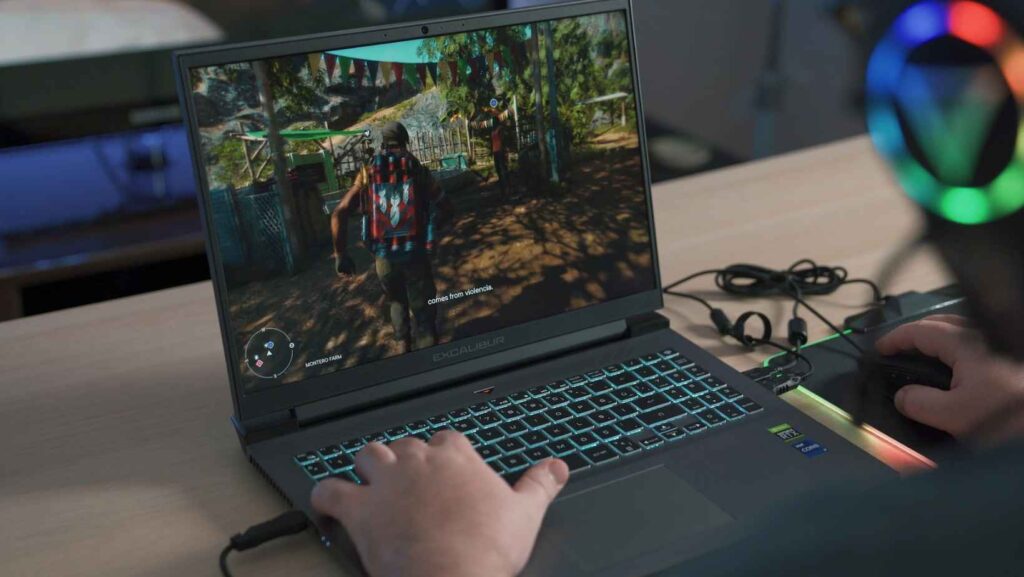In the vast universe of video gaming, there’s a gray zone that sparks debate among players and developers alike – the realm of video game exploits. These are not the typical cheat codes or shortcuts, but rather, clever manipulations of a game’s mechanics to gain an edge.
This article delves into the world of video game exploits, offering a comprehensive look at their nature, impacts, and the ongoing debate around them.
Understanding Video Game Exploits
Diving into the world of video game exploits opens up a maze of gaming strategy intricacies. This spectrum ranges from creative mastery of in-game mechanics to controversial breaches of fair play.

A video game exploit can be aptly described as a smart strategic maneuver intended to take advantage of programmed features within a game. Quite distinct from cheats or shortcuts, these tactics rely on discovering and exploiting flaws in the game design for a player’s benefit.
Tracing the history of video game exploits, it’s clear they’ve been entrenched in the gaming world almost as long as video games themselves. Early gamers in the 1980s discovered exploits in classic games such as Pac-Man, using a specific path that confused the enemy AI, allowing for easy victories.
Video Game Exploit
Navigating the complex world of video game exploits involves understanding the different types prevalent in various gaming genres. Be it in role-playing games (RPGs), online multiplayer games, or single-player games, players find unique ways to exploit system vulnerabilities.
 Exploits in Role-Playing Games
Exploits in Role-Playing Games
In the realm of RPGs, the practice of “duping” is common. This exploit involves duplicating in-game items, sometimes infinitely, which significantly enhances a player’s capabilities. For instance, the Elder Scrolls V: Skyrim had an infamous gold duplication glitch that provided players with unlimited wealth.
Also, RPGs often suffer from exploit tactics like “game mechanic abuse.” One uses poorly balanced or designed mechanics to gain an upper hand. In Witcher 3, players could kill cows endlessly, generating an abundance of loot and in-game currency.
Exploits in Online Multiplayer Games
When it comes to online multiplayer games, the term “lag-switching” often comes up. A player creates artificial networking lag, disrupting synchronization with multiplayer servers to gain an advantage. Notably, Destiny players reported such instances resulting in one player becoming “unhittable.”
Exploits in Single-Player Games
In contrast, single-player games present an array of video game exploits. “AI abuse” is one, where players exploit faulty AI mechanics for gain. An example of an AI abuse exploit is in Dark Souls Series, where monsters could be lured towards cliffs and made to accidentally fall off.
“Sequence breaking,” on the other hand, involves players completing tasks out of order or skipping them altogether to finish the game faster. Metroid series is an example, as it has multiple unintended shortcuts mixing up the intended play sequence.
The Impact of Video Game Exploits
Video game exploits boast significant influence over elements such as game balance, player experience, and the developer’s reputation. The scope of these impacts varies depending on the nature and severity of the exploit. Let’s delve deeper into these impacts.
 The Effect on Game Balance
The Effect on Game Balance
Game balance proves crucial to fair competition and fun gameplay. However, video game exploits can disrupt this carefully planned balance.
For instance, an RPG player using “duping” exploits manufactures numerous copies of a rare weapon, thereby altering the game’s item scarcity. This mismatch between player capabilities and game challenges skews the balance in favor of exploiters.
The Influence on Player Experience
A video game exploit, such as ‘lag-switching’ in online multiplayer games, impacts the overall gaming experience. A player inducing artificial lag can gain undue advantage, leaving others with a negative experience. Studies like “Why people play online games: An extended TAM with social influences and flow experience” (in Computers in Human Behavior, 2007) illustrate how fair gameplay enhances player satisfaction. Hence, exploits, undermining the integrity of the gameplay, tend to diminish the overall player experience.
As the gaming industry evolves, so too will the discussion about video game exploits and their place within this dynamic ecosystem.



